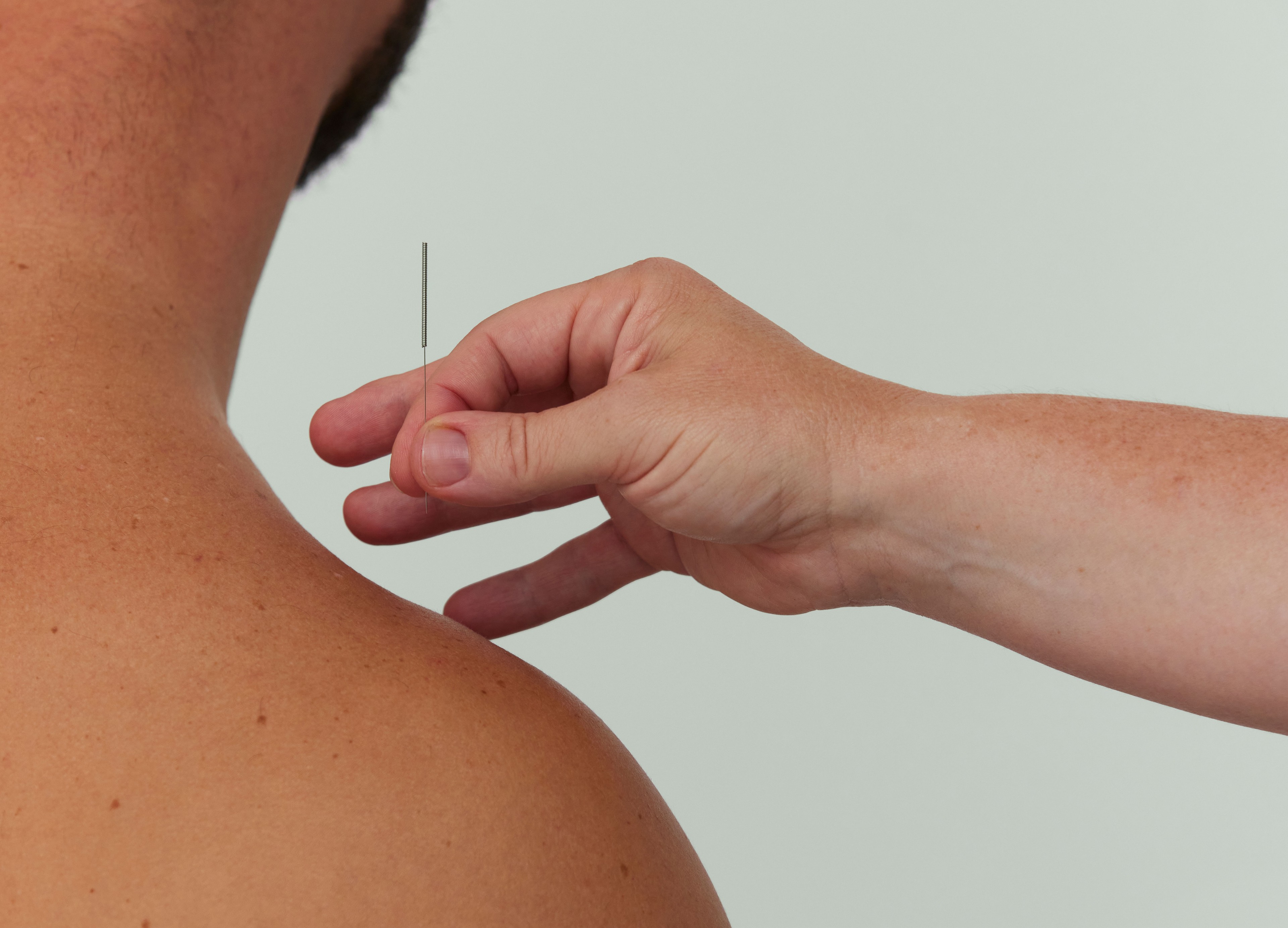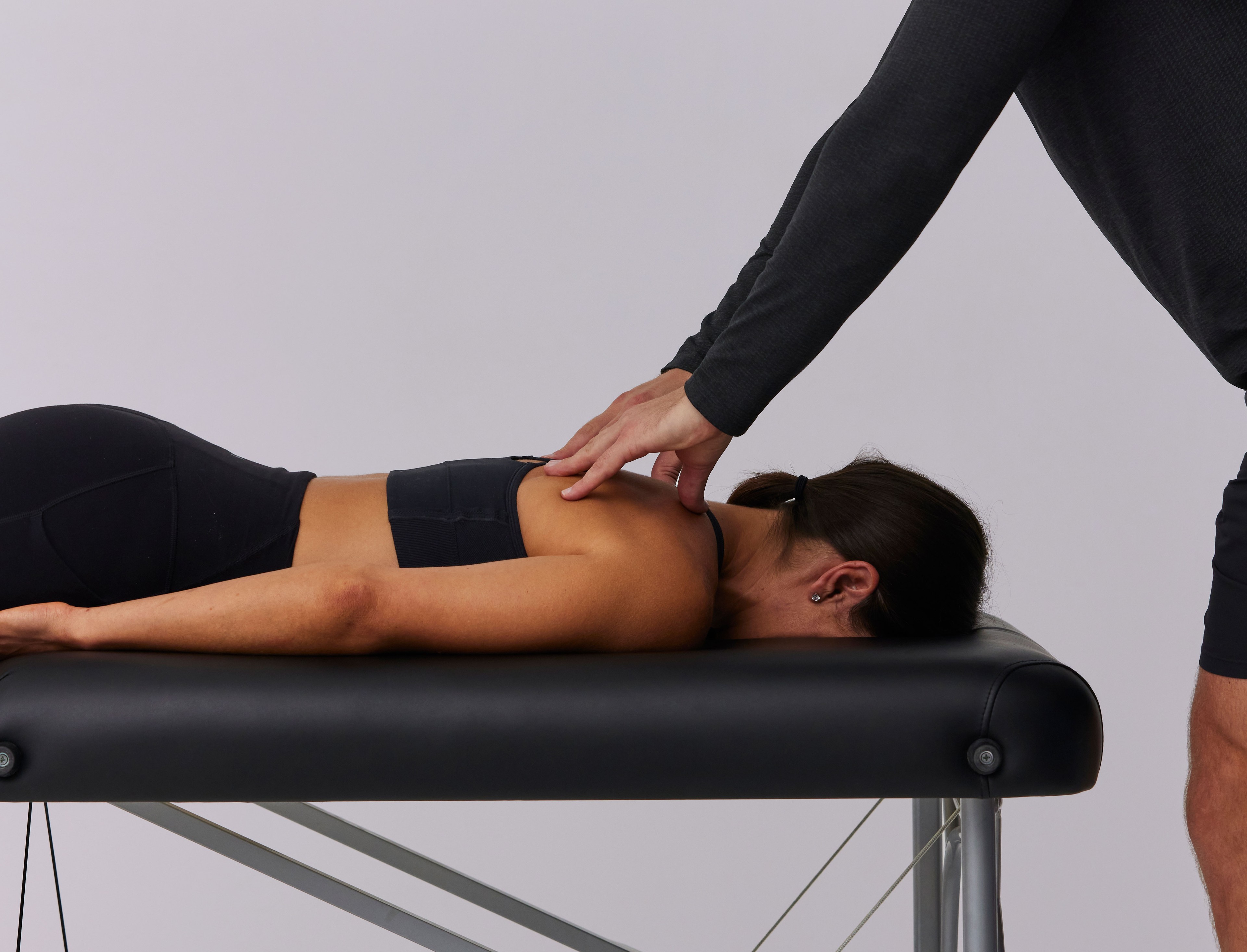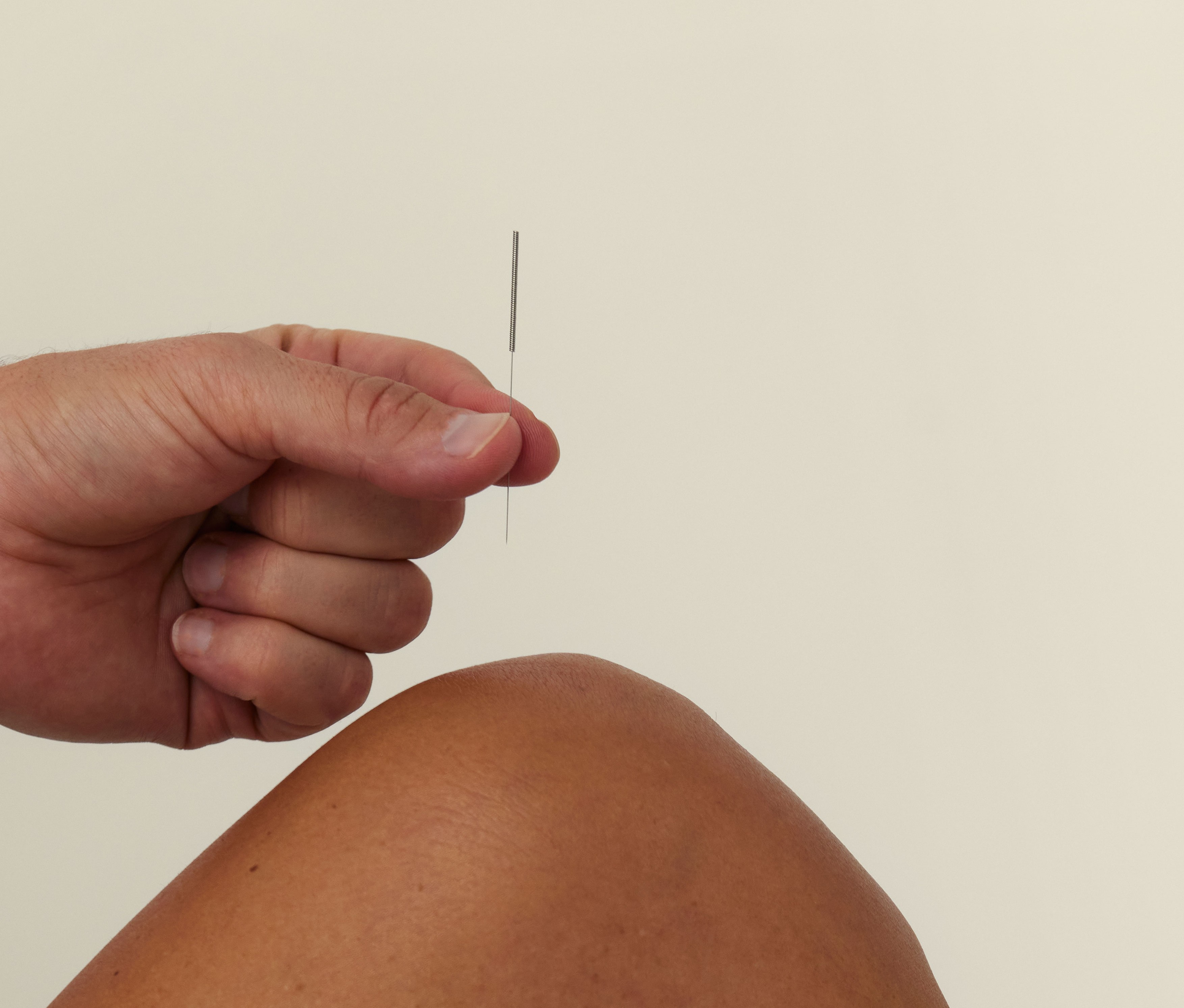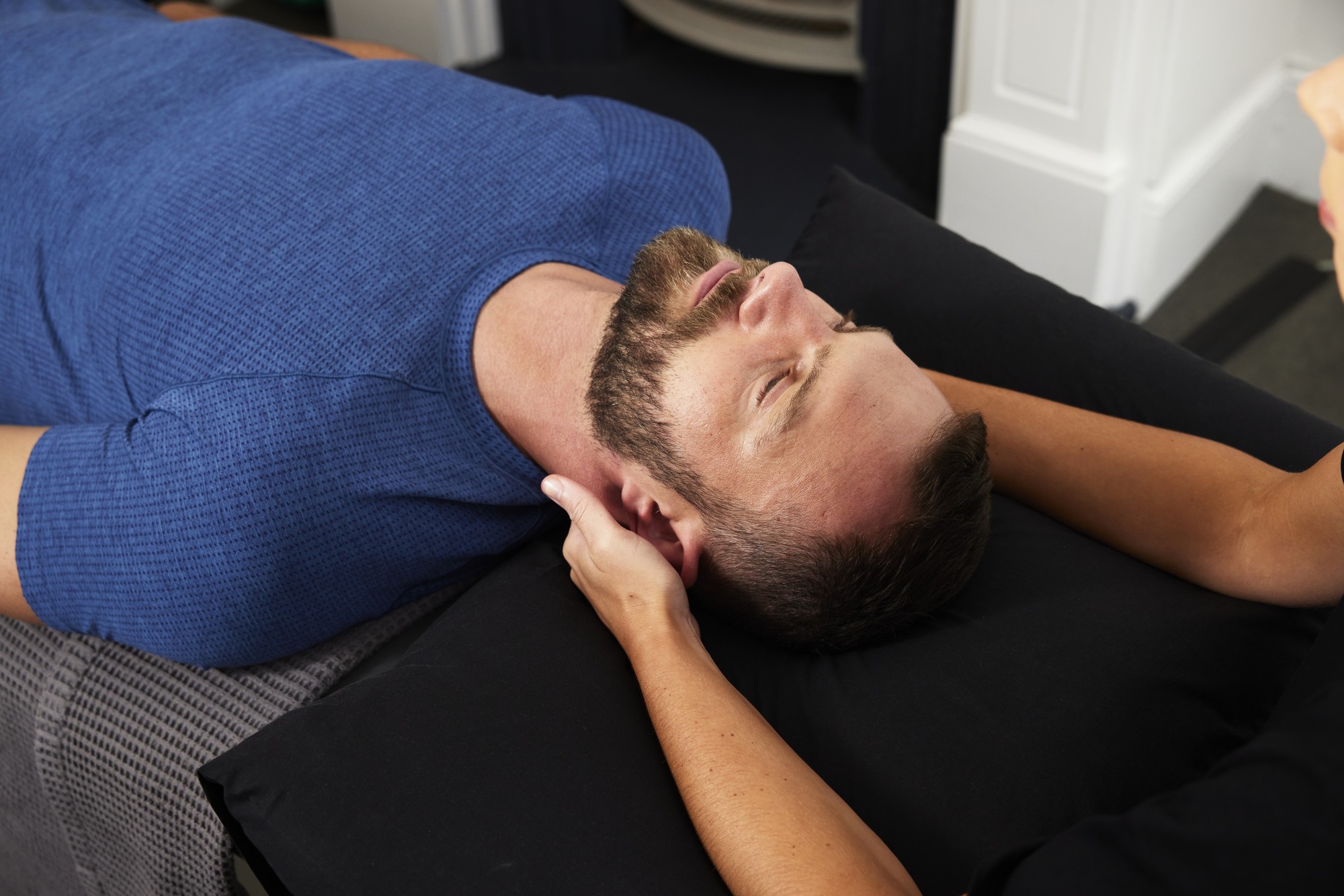Summer is approaching and the seas are warming up!
All of a sudden, those quiet costal roads begin to fill up with people flocking to the beach.
All of a sudden, those quiet costal roads begin to fill up with people flocking to the beach. Cars are packed and surfboards are loaded onto the roof.
Surfing can be an exhilarating experience and the benefits of surfing are well known to those who have been involved in the sport for some time. This is often why it becomes an obsession and you hear of those who have ‘’caught the bug’. Once hooked, waking up and hitting the road at 4am to travel from one side of the country to the other all for perfect waves doesn’t seem so insane. Recent research has not only shown the physical benefits of surfing, but the significant mental health benefits too, even in children with disabilities, war veterans and those with mental illness.
But with the popularity of surfing increasing so rapidly, so are the numbers of surfing related injuries. Whether you’re just starting out and are not physically fit, or whether you’re a seasoned surfer pushing your limits by tackling bigger and more powerful waves or trying more daring manoeuvres, many of you will still get injured.
Thankfully, acute injuries associated with surfing are relatively low when compared with contact sports. However, the risk of injury does begin to spike towards the end of a session when you’re more tired and fatigued.
The most common surfing injuries are:
Contusions and lacerations – cuts or bruises to the head, face, legs and feet. This can occur when you either wipe out and come into contact with your own surfboard, collide with another surfer or their surfboard, or come into contact with the environment such as sand, reef or rocks.
- Sprains and strains – These typically occur as a result of an excessive twist or turn in the body, landing awkwardly, getting tumbled in the turbulent waves or quite simply just overdoing it. You may feel a sharp pain at first and this eventually becomes an ache and stiffness which limits your movement.
- Fractures – These can happen while surfing but are rare. The head is most common, mostly involving nose and teeth. You can also break your ribs or spine, typically from contact with the ocean floor/reef when you are big wave surfing or surfing over shallow reef.
- Overuse injuries – These take place as a result of paddling prolonged periods when lying face down on the surfboard. Typically, your neck, upper and lower back and your shoulders are the most commonly affected. These problems often present as headaches, spinal pain and stiffness and rotator cuff impingement.
How can I prevent surfing injuries?
The best form of treatment is prevention! So, here are a few tips to help keep you safe in the water:
- Be prepared - check your level of competency against the conditions. It is always best to build up your fitness in well in advance!
- Be aware of your environment – reading the conditions and learning how to identify rips and potential hazards are something that takes time and experience. It is always beneficial to surf with a friend so you can look out for each other in the water. If you’re new to surfing, splashing out on some lessons initially should not be overlooked.
- Learn the surfing etiquette – Just like the road code, there are also rules in the water. Respecting other surfers right of way and allow everyone to catch their share of waves. This will ensure the enjoyment and safety of everyone surfing and ultimately reduce the number of collisions and injuries in the water.
- Don’t forget to hydrate, eat well and wear sunscreen - Maintaining your energy levels in the water is crucial.
- Tired? – Know when to call it quits. Conditions can change rapidly, and you want to be sure you’ve got enough energy to get yourself out of trouble.
- Proper warm up and cool down – Just like any other sport, a proper warm up and cooldown is important for reducing injury.
How can The Urban Physio help?
A regular exercise regime focusing on your strength and mobility will go a long way to prepare you for getting surf ready, particularly for those longer sessions! Good core control, paddling posture, scapular and rotator cuff biomechanics, hip and spinal flexibility, and overall balance/proprioception are all important factors to remain injury free and in tip top surfing condition. Here’s how we can help:
- Muscle balance assessment - Our physiotherapists can offer a functional and posture assessment to help you identify where your strengths and weaknesses are. Then with your individual findings they can create and tailor a bespoke exercise program specific to your needs.
- Physiotherapy treatment – This may include deep tissue massage, acupuncture and dry needling to help restore normal muscle function, joint mobilisations to help reduce joint and spinal stiffness and the prescription of strengthening and stretching programmes to help reduce any restrictions in movement or weakness in muscles that are important for surfing.
If you have sustained an injury while surfing or are looking to reduce your chances, click below to make an appointment or call 09 216 7799 to discuss how The Urban Physio can support your wellness for an urban lifestyle.
